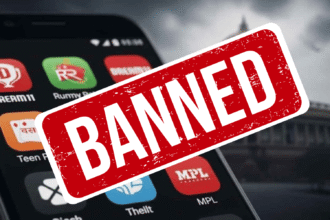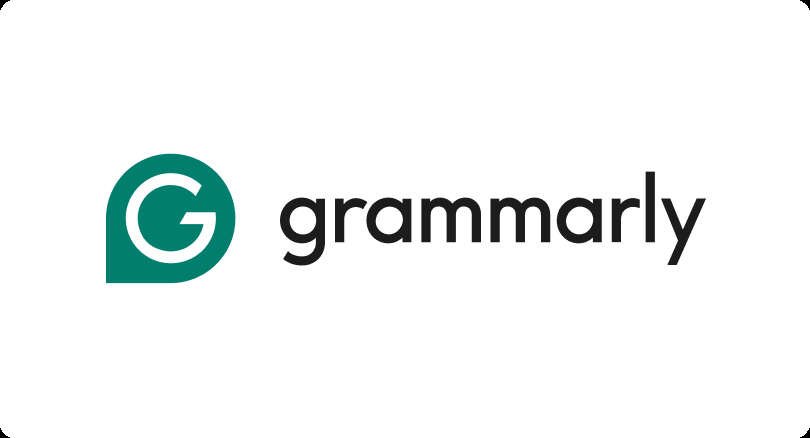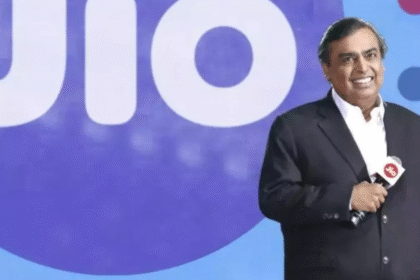On its website, Grammarly said that email is the “number-one use case” for professionals, with the AI assistant being used to revise over 50 million emails each week across different email platforms.
“Superhuman is the obvious leading innovator in the space,” said Shishir Mehrotra, CEO of Grammarly, adding that its acquisition therefore makes sense.
However, that isn’t Grammarly’s only intent. This acquisition is part of the company’s broader push into AI and its move to enter the highly crowded and competitive space.
Email has become the central communication surface in the company’s vision for an agentic future, where humans and AI work together, Grammarly stated.
The company is particularly interested in agentic AI. A study by Grammarly claimed that “workers are ready for agentic AI”.
The company said that this “future platform” will provide users with multiple agents that can work simultaneously. For example, it said, while drafting a customer memo, Grammarly’s communication agent could handle spelling and grammar, a sales agent could check facts, a support agent could add recent issue context, and a marketing agent could refine feature positioning.
“This is the future we’ve been building toward since day one: AI that works where people work, not where companies want them to work,” said Mehrotra.
However, it is yet to be seen if Grammarly can catch up with giants in the space, such as Sam Altman’s OpenAI, which also has similar ambitions.













